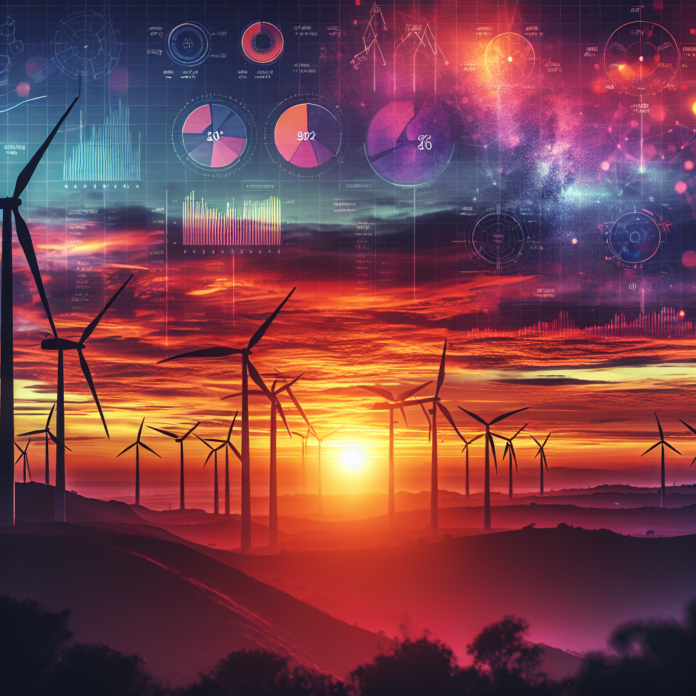As global awareness about climate change and environmental sustainability continues to rise, renewable energy trends have taken center stage in the discourse regarding our planet’s future. Progressive utilization of cleaner energy sources not only aids in reducing carbon footprints but also stimulates technological innovation, economic growth, and job creation. This article delves into the latest trends shaping the renewable energy landscape, influenced by policy, technology, and consumer behavior.
The Growing Dominance of Solar and Wind Power
Solar and wind energy are increasingly seen as the frontrunners in the race towards a cleaner, more resilient energy system. According to The International Energy Agency (IEA), these two renewable sources are set to wax exponentially in the coming years, as improvements in technology and policies favoring green energy make them more competitive compared to traditional fossil fuels. Massive solar farms and wind turbines are becoming more commonplace, contributing to a significant portion of global power generation.
Energy Storage Innovations
As renewables gain momentum, one of the natural challenges faced is the intermittent nature of sources like solar and wind. Thus, energy storage has become a crucial element in ensuring the reliability and stability of green electricity. Advancements in battery storage, such as lithium-ion batteries, and new concepts like gravity-based energy storage solutions, are facilitating a steady power supply even when the sun isn’t shining, and the wind isn’t blowing.
Green Hydrogen as a Key Energy Vector
Green hydrogen, produced through the electrolysis of water using renewable electricity, presents a trend with the potential to revolutionize energy and transport sectors. It’s gaining attention as it can be used where batteries are less viable, especially in heavy industry and transportation. While still in its nascence and facing high costs, companies like Siemens Energy are venturing into this arena, betting on its future scalability and central role in a carbon-neutral future.
The Rise of Prosumers
With a decentralization trend empowered by technology, many consumers are becoming ‘prosumers,’ producing their own energy through rooftop solar panels or small-scale wind turbines. Thanks to innovations in consumer solar technology by companies like SunPower, individuals not only meet their own power needs but also supply surplus power back to the grid, fostering a more democratic energy model.
Electric Vehicles (EVs) Accelerating the Energy Transition
The EV market’s expansion represents another bourgeoning dimension of renewable energy trends. The growth of the EV sector not only reduces reliance on oil but also generates a new demand for clean electricity. Key players in the automotive industry, including legacy brands and newer entrants like Tesla, are investing heavily in EV production, indicating a potent catalyst for increased renewable energy consumption.
Sustainable Finance is Fueling Renewable Projects
Finally, the boom in sustainable finance is significantly influencing renewable energy trends. As investors and financial institutions embrace environmental, social, and governance (ESG) criteria, there’s a heightened inflow of capital into renewable projects, technologies, and companies that prioritize sustainability.
Conclusion
The renewable energy sector is brimming with innovation and potential, propelled by a mix of environmental imperatives, favorable policies, and technological advancements. Looking ahead, these trends are poised to further deepen our commitment to sustainable energy practices and pave the way for a more resilient, cleaner energy future. The journey to a fully renewable-powered civilization is complex, but the trends highlighted signal a promising shift towards achieving this monumental goal.
For those eager to stay informed and engaged in this rapidly evolving industry, continuous monitoring of trends, policies, and technological innovations is essential. By tapping into the momentum of these developments, businesses, policymakers, and individuals can contribute to a thriving renewable energy ecosystem, underpinning a sustainable tomorrow.




 AGF-B.CO
AGF-B.CO